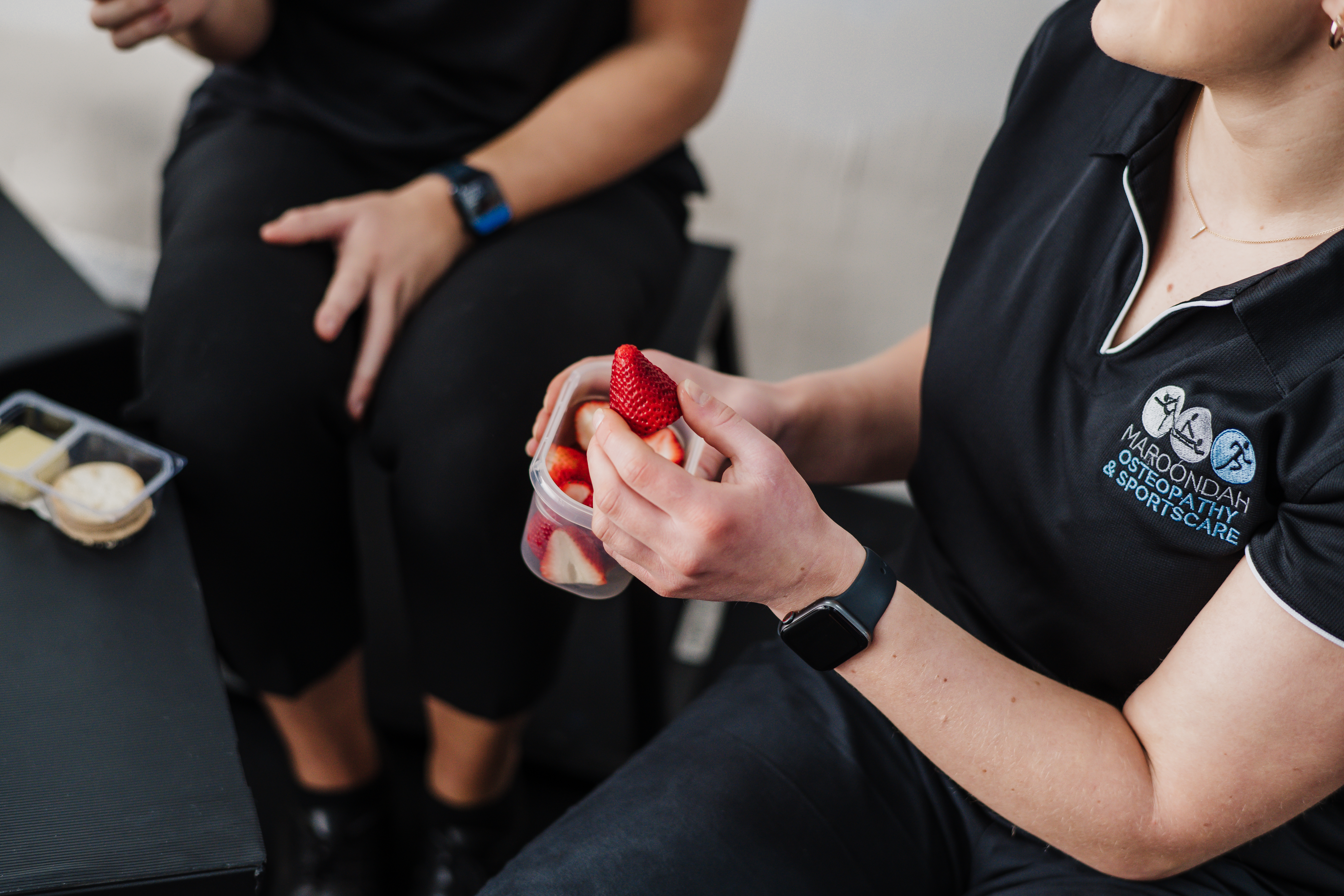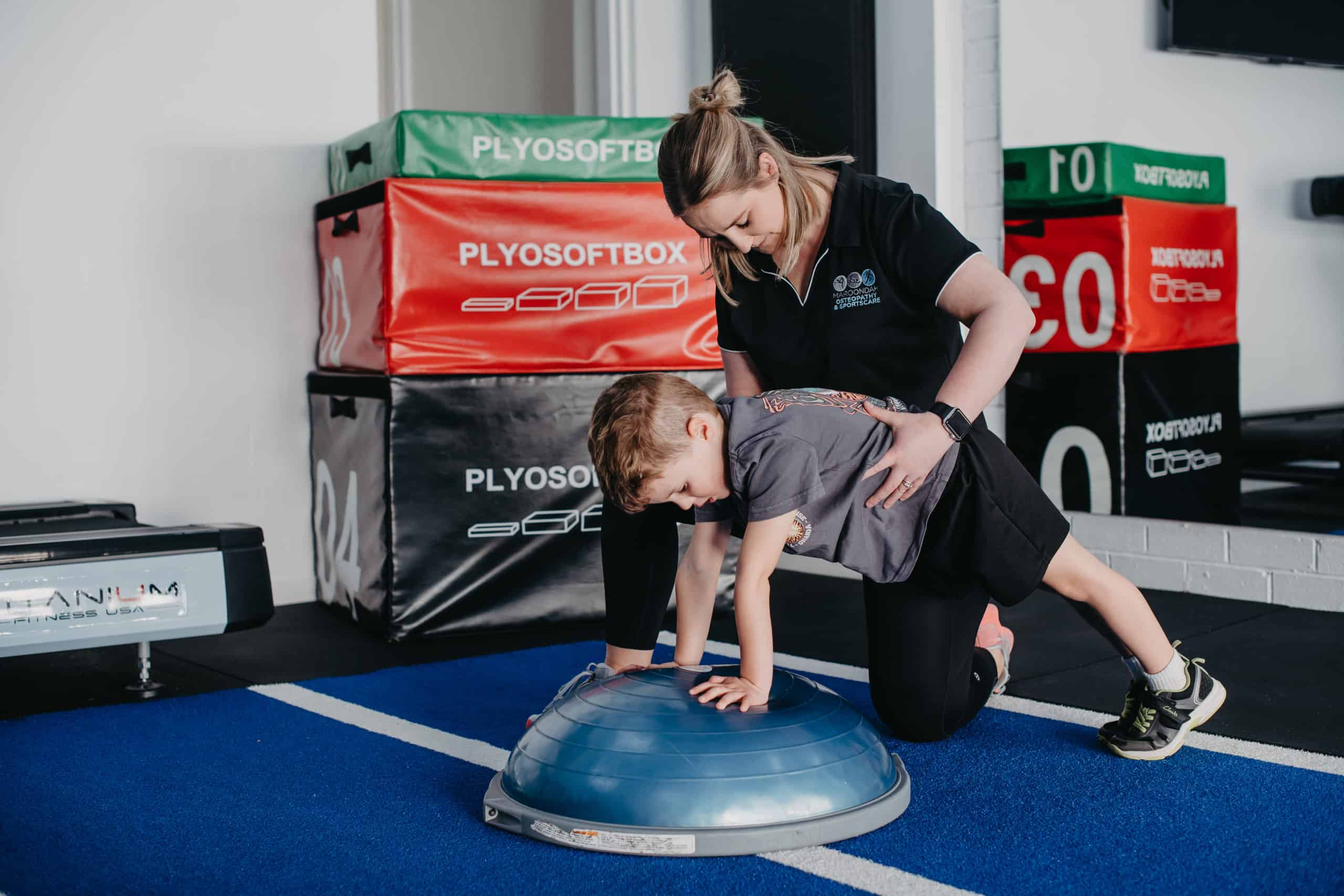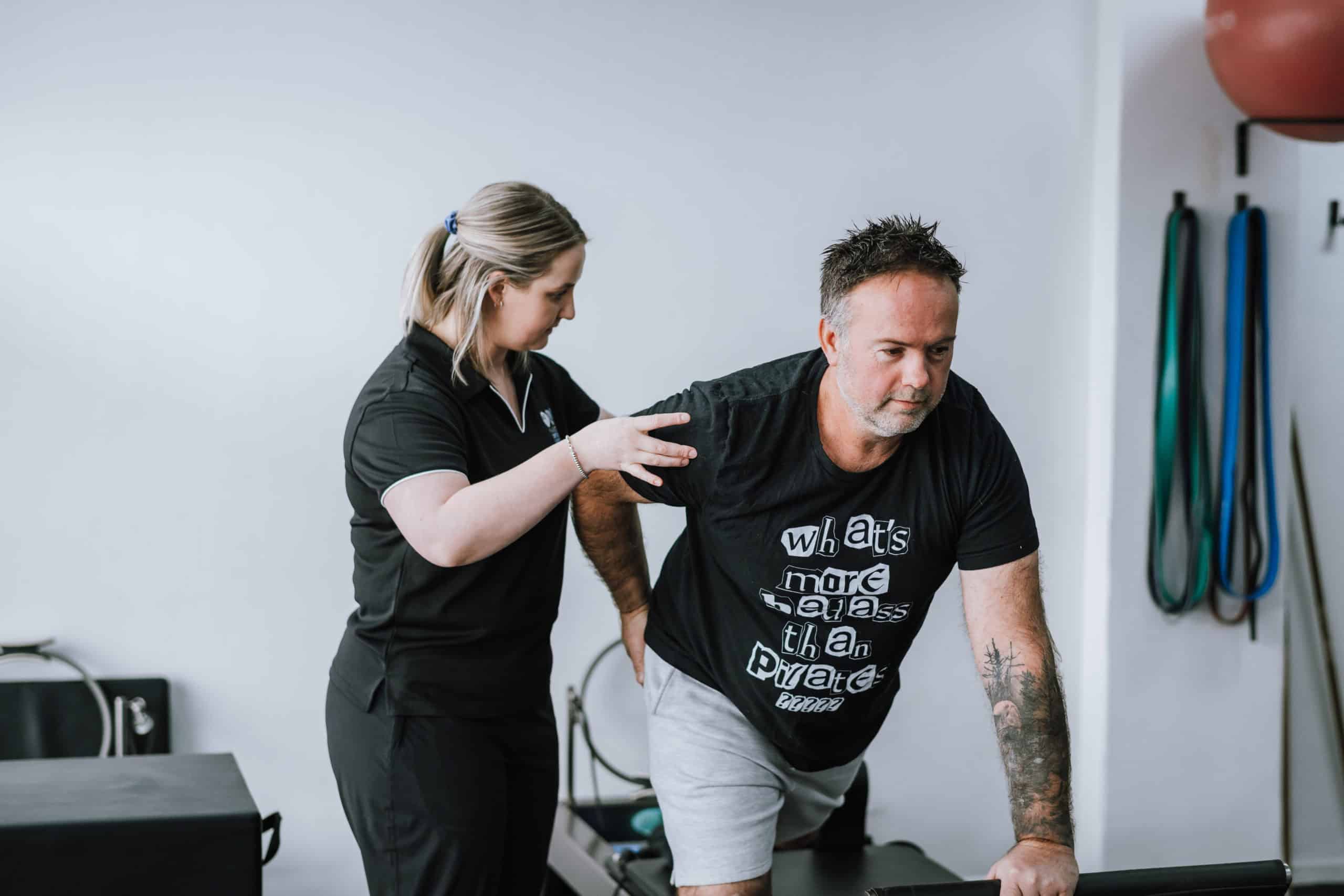How does this system work:
Ever wondered why you might suddenly need to run to the toilet before a big sporting match or before a large meeting? This is the “second brain” in full flight because of the extensive nervous system within it. Our gut has a large network of nerves within our digestive system that constantly communicates directly with the brain through the gut-brain axis. This communication is mainly through our vagus nerve (the main nerve directly connecting our gut and brain) and even the trillions of bacteria/microbes in our gut, which help produce neurotransmitters like serotonin and dopamine that influence mood, energy, and cognition.
When the gut lining is healthy, it acts as a strong barrier to keep food and microbes inside our intestines and the rest of our body outside, but if it becomes compromised (often referred to as “leaky gut”) undigested food and toxins can enter the bloodstream, triggering immune responses and chronic inflammation. This can impact not just digestion, but also brain function, immunity, energy levels, and chronic health conditions.
Foods That Support Gut Health
Probiotics – fermented foods that introduce beneficial bacteria into the gut. Our gut thrives with a balanced and diverse range of different bacteria to support proper digestion and production of healthy hormones. Examples: yoghurt, kefir, kimchi, sauerkraut and miso.
Prebiotics – small fibres that act as food for our probiotics. Even with a diverse gut microbiome, our gut will not be working to it’s full potential without food to feed the bacteria to keep them happy and healthy and support our overall health. Examples: garlic, onions, bananas and oats.
Fibre – other sources of fibre indirectly help our gut by supporting regularity and smooth movement through our digestive tract. Soluble fibre attracts water and substances such as cholesterol to itself, whereas insoluble fibre helps to add bulk and firmness. Examples: fruits, vegetables, whole grains, and legumes.
Anti-Inflammatory Foods – reducing possible inflammation or irritation in our gut is crucial for reducing overall inflammation and possible chronic inflammation within the body. Examples: omega-3-rich foods (like salmon, chia seeds, and walnuts), avocado, colorful fruit and vegetables.
Hydration – often the forgotten element of nutrition, hydration is one of the most important factors for keeping our gut happy. Adequate hydration allows our probiotics to stay close in our gut, and for food to travel smoothly through our digestive system along with the help of fibre. Aim for 35ml/kg per day.
Foods to Avoid for Better Gut Health
Processed Foods – our gut microbiome is very similar to our muscles; they need to work hard to grow bigger and stronger. Processed foods such as sugary snacks and fast food take no effort for our body to digest, thus no effort for our microbes to break these down, resulting in possible inflammation and overgrowth of bad bacteria.
Artificial Sweeteners – some artificial sweeteners (in large amounts) can disrupt our gut health because the way they work is that we cannot adequately digest them, leading to possible fermentation and disruption to our gut (bloating, diarrhoea, gas).
Alcohol – excessive or chronic alcohol consumption can disrupt the balance of bacteria within our gut and promote bad bacteria growth. Additionally, alcohol can ferment within the gut causing digestive issues and inflammation.
Intolerances/Allergies – I’m sure this comes as no surprise that if you have a diagnosed intolerance/allergy, this will significantly impact your gut health as your body cannot break these foods down adequately. Similarly, those with IBS/IBD may be sensitive to certain foods that are FODMAPs which can cause similar symptoms.
5 Steps to Improve Your Gut Health
Start with Diet – the main impact you can have on your gut is through the foods you eat. Start with aiming for 1 source of probiotics per day as above. Then, start to include more fruit/veg/plant foods per week – the aim is 30 per week!!!
Manage Stress – due to the vagus nerve and the gut-brain axis discussed, stress management is crucial for supporting a healthy gut. Techniques such as meditation, yoga or whatever suits you best will have a positive impact.
Get Enough Sleep – much like our body runs more efficiently off a good sleep routine, so does our gut microbiome. Indirectly, poor sleep also makes us more susceptible to grabbing the processed and quick foods vs nutrient dense foods such as fruit and veg.
Exercise Regularly – exercise that you enjoy can assist in hormonal regulation and boosting gut diversity, it can also improve overall digestion by helping food move through the digestive tract efficiently.
Stay Hydrated – drink plenty of water throughout the day to support a healthy gut and a healthy mind.
The Role of a Dietitian in Gut Health
A Dietitian can play an important role in improving gut health by helping you understand how your individual food and lifestyle choices influence digestion, the gut microbiome, and overall wellbeing.
Instead of buying a generic gut health powder, a Dietitian can work with you to identify your personal food triggers, ease uncomfortable symptoms like bloating or irregularity, and create a plan that supports a healthy gut lining and a diverse mix of gut bacteria. Using evidence-based strategies as discussed, they can make gut friendly eating simple and sustainable. With the right guidance, you can restore balance in your gut, improve energy, and feel better from the inside out!
If you’re looking for a Ringwood Dietitian to support your gut health with a personalised plan, book an appointment today and start feeling your best!

Bella Rennick
Accredited Practising Dietitian



